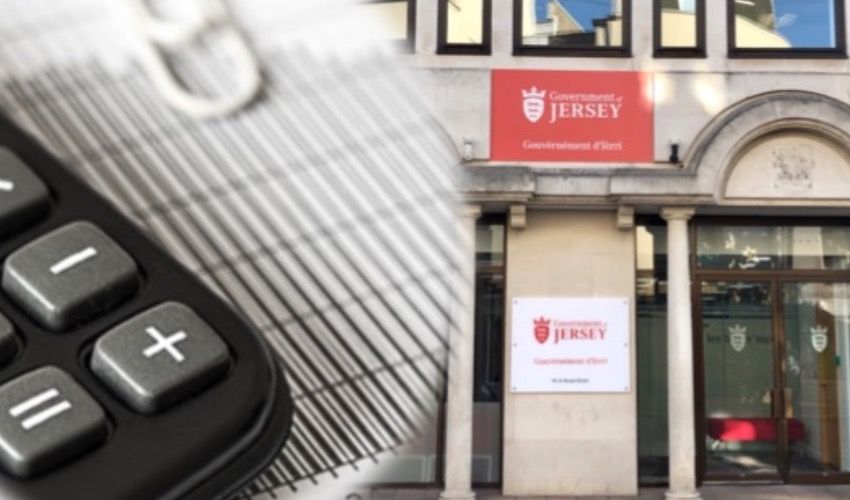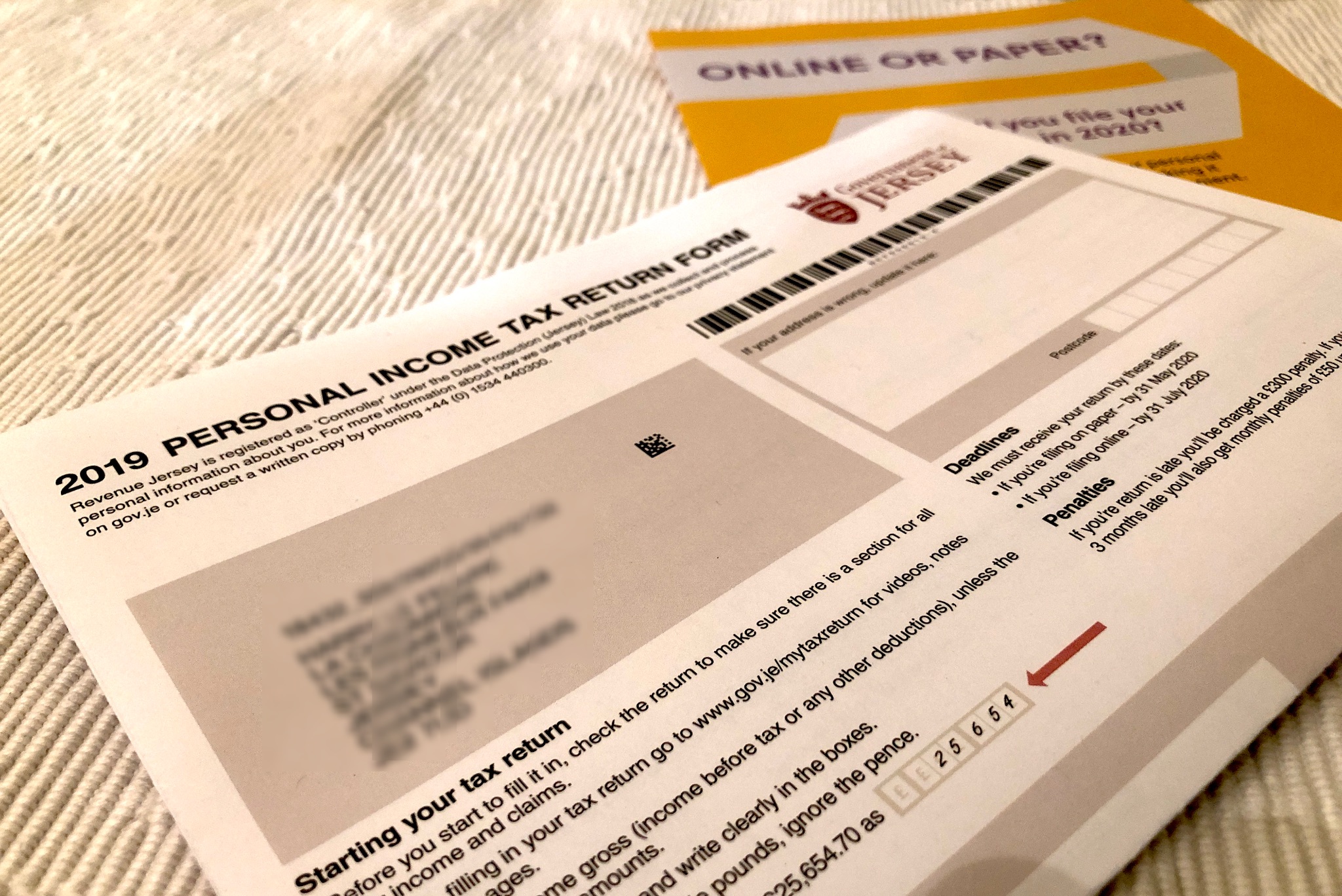


The costs of the island’s largest ever IT project ballooned to nearly £70m in a single year while its predicted annual savings significantly dropped because the Government didn’t budget for it properly, a spending watchdog has concluded.
Launched in early 2020, the Integrated Technology Solution (ITS) programme, which aimed to update the civil service’s outdated finance, HR and other systems and combine them in a single modern platform, was first predicted to cost around £28m.
But earlier this year the Government was forced to defend itself against accusations of poor project management when it emerged that costs had risen by 125% in around just 12 months.
A report by Comptroller and Auditor General Lynn Pamment has today concluded that the issue was due to poor budgeting, with the Government’s processes for identifying and calculating costs blasted as “not sufficiently robust”.
She said the Government was “overly optimistic” when it put together its plan for the ITS in September 2019 – including about the ability of existing departments to staff the programme at no extra cost.

Pictured: The Comptroller and Auditor General (C&AG), Lynn Pamment.
As a result, she said the document excluded “significant costs” that should have been better quantified and scrutinised.
By the time the full business case was published in March 2021, the overall programme cost had risen from £28m – the amount budgeted in the Government Plan 2020-2023 – to £67.8m.
While acknowledging that the pandemic “had an impact on assumptions and costs”, Ms Pamment said the Government still should have been able to identify many of these at the project’s outset. She also said contingency funding should have been factored in at this early stage.
The watchdog also noted that the original estimated annual savings from the programme were £5.4m – but this estimate has since dropped by nearly £2m to £3.7m.
The project documents also described the apparent benefits of the project in “relatively generic” terms. This, Ms Pamment said, would make it difficult to measure whether any of these benefits eventually come to fruition.

Pictured: In addition to rising costs, the estimated savings from the programme have reduced from £5.4million to £3.7million a year.
“Major ICT programmes are high cost, high profile and carry great uncertainties and risks,” she said.
“Experience from the public sector in many jurisdictions is that often such programmes fail to deliver their objectives in terms of cost and/or outcomes. In order for the ITS programme to be successful there is a need to identify, measure and monitor the benefits of the programme and to ensure that responsibility and accountability for the delivery of benefits are clearly set out.”
Further to this, she said that the ITS’ business case didn’t clearly demonstrate how the project would link into other initiatives to modernise Government.
Ms Pamment also suggested the Government’s inability to make key decisions on a timely basis had caused problems for the project.
She called on the Government to consider what it had learned in the recent process of setting up a new IT system in the Tax Department, and to ensure "mitigating actions are in place for the ITS programme”.

Pictured: Ms Pamment called for the lessons learned from the implementation of the new taxation revenue management system to be reviewed.
While she described the ITS project's governance structure as "complex", Ms Pamment concluded that it was suitable. She also found the procurement process for finding partners to work on the project to be satisfactory.
“The Government of Jersey has embarked on a significant programme of digital modernisation of which the ITS programme is just one part,” she commented.
“Other elements of digital modernisation include the adoption of Microsoft Office as well as a significant cyber security and information governance programme. It is essential that all elements of digital modernisation are considered as a portfolio and that dependencies between the programmes are identified and managed effectively.”
Deputy Scott Wickenden, who has Ministerial responsibility for the Programme, said the Government welcomed the report and thanked the Comptroller and Auditor General for her "thorough review".

Pictured: Deputy Scott Wickenden has Ministerial responsibility for the Programme.
"Overall, the review is a positive endorsement of how the Programme was set-up and the procurement process that was undertaken," he said.
“The review includes a number of recommendations, the majority of which are underway or have already been implemented. It acknowledges that the procurement for the ITS Programme was well conducted and that a good governance structure is in place.
"It also highlights a number of challenges to its implementation, including the capacity of Government colleagues to engage fully with the Programme in order for timely decisions to be made."
The Minister added that "constant improvements" are being made to ensure the ITS programme is "successful... for Government colleagues, suppliers and islanders.”
Cost of Government IT project doubles to £63m
Government criticised for 125% cost rise on major IT project
Comments
Comments on this story express the views of the commentator only, not Bailiwick Publishing. We are unable to guarantee the accuracy of any of those comments.